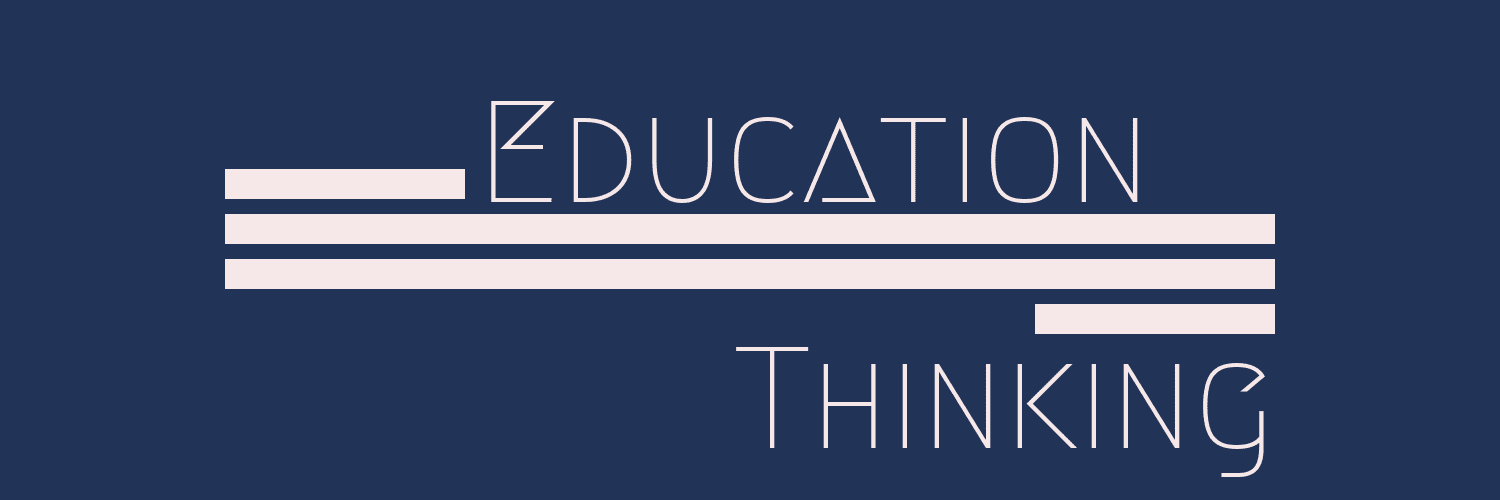Journal Policies
Funding – Education Thinking is financed and run by Analytrics.
Open-access policy – Users are allowed to read, download, copy, distribute, print, search, or link to the full texts of the articles, or use them for any other lawful purpose, without asking prior permission from the publisher or the author, provided that authors’ copyrights are complied with and the author and the journal are properly credited.
Publishing ethics – Education Thinking adheres to the principles of transparency and best practice in scholarly publishing set by The Committee on Publication Ethics (COPE), the Directory of Open Access Journals (DOAJ), the Open Access Scholarly Publishers Association (OASPA), and the World Association of Medical Editors (WAME). This includes the following.
– Authorship: In line with the ICMJE approach, Education Thinking recommends to only list as authors of a manuscript, those persons who:
- Have made substantial contributions to the conception or design of the work, or to the acquisition, analysis, or interpretation of data for the work;
- And have taken part in the drafting of the work or in revising it critically for important intellectual content;
- And have also taken part in the process of final approval of the version to be published;
- And in addition, have taken part too in ensuring that questions related to the accuracy or integrity of any part of the work are appropriately investigated and resolved, thus being accountable for all aspects of the work.
Those contributors who do not meet all four criteria should be acknowledged. In the end, however, it is the responsibility of the authors (not the journal) to agree on, decide and set up the list of the manuscript’s authors.
– Complaints and appeals: To appeal a reject decision, authors need to address to the editor a complaint (a) identifying which of the referees’ comments they are contesting; and (b) providing evidence that these particular comments were wrong. The editor, in collaboration with the referees as necessary, will consider the claim and the rejection decision in light of the evidence received and will make a final decision.
– Conflicts of interests: While submitting, authors are invited to identify those of their relationships / links / connections (e.g. financial, political, professional) from which inappropriate biases to their approaches and/or results are likely to have derived. Referees are required to immediately notify the editor that they recuse themselves from reviewing a manuscript if there is a conflict of interest. The journal considers that there is a conflict of interest where impartial and objective review is compromised for any reasons which could introduce bias or could be reasonably perceived by anyone as a possible source of bias.
– Dealing with ethical challenges: In the first instance, ethical challenges (e.g. misconduct, duplicate publication, authorship disputes, etc.) will be addressed following the approaches recommended by the Committee on Publication Ethics (COPE).
– Intellectual property: Authors are invited to ensure that their articles do not infringe the intellectual property rights of any other person or entity. The journal prohibits plagiarism. Authors retain their copyrights and grant the journal the right to publish the accepted version of the article. Authors may grant general copyright permissions using Creative Commons Licenses.







 Total views : 40249
Total views : 40249